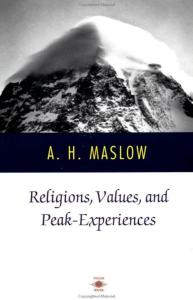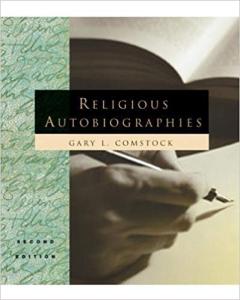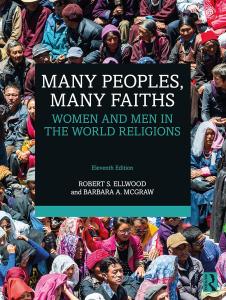Unpacking the Human Potential:
A Review of The Third Force – The Psychology of Abraham Maslow by Frank G. Goble
The field of psychology has witnessed a plethora of theories and approaches, each attempting to understand and explain the complexities of the human mind. Among these, Abraham Maslow’s theory of self-actualization is widely recognized. It has influenced various fields, such as education, management, and personal development. In his book, The Third Force – The Psychology of Abraham Maslow, Frank G. Goble provides an in-depth analysis of Maslow’s theory and its impact on the field of psychology.
Goble’s book offers a detailed analysis of Maslow’s theory, providing a deeper understanding of the human potential and the process of self-actualization. One of the key insights from the book is Maslow’s concept of the hierarchy of needs, which emphasizes the importance of fulfilling basic physiological and safety needs before moving towards higher needs such as self-esteem and self-actualization. Goble also highlights Maslow’s belief in the innate goodness of human beings and the potential for growth and self-improvement. The book also delves into Maslow’s concept of peak experiences, moments of intense joy and fulfillment essential for self-actualization.
Moreover, Goble’s book also sheds light on the practical applications of Maslow’s theory. From its use in education to its impact on business management and therapy, Maslow’s theory has been widely applied in various fields. The book highlights the importance of incorporating Maslow’s ideas into these fields to promote personal growth and improve overall well-being.
While The Third Force – The Psychology of Abraham Maslow offers a comprehensive analysis of Maslow’s theory, it does have a few limitations. The book focuses heavily on Maslow’s theoretical framework. It does not provide much insight into his research methodology or its limitations. Additionally, Goble’s writing style may be too technical and complex for readers who are not well-versed in the field of psychology.
In conclusion, The Third Force – The Psychology of Abraham Maslow is helpful for anyone interested in understanding the complexities of human behavior and potential. Goble’s book offers a detailed exploration of Maslow’s theory, its practical applications, and its impact on the field of psychology. While it may have its limitations, this book is a valuable resource for anyone seeking to delve deeper into Maslow’s ideas and their implications for personal growth and self-actualization.






